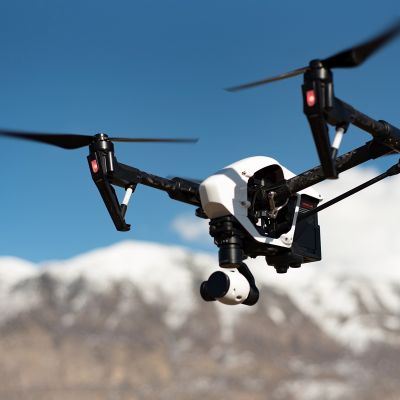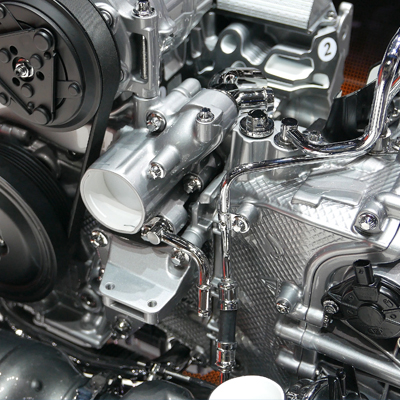We are part of a collaborative project developing and validating an innovative, state-of-the-art, integrated maintenance service architecture. This will accelerate the shift in European aviation from scheduled maintenance to condition-based maintenance.
Key Facts
-
The AIRMES (Airline Maintenance Operations implementation of an E2E Maintenance Service Architecture and its enablers) is a four-year project, running until 2019, which has received €5.2 million total funding (more than €500,000 to Cranfield).
-
The 12-partner consortium, led by Portuguese airline company TAP, has expertise in systems health monitoring, semantics, knowledge-based engineering, architecture, diagnostics, prognostics, maintenance planning and optimisation, and mobile tools for remote support of maintenance activities.
- Funded by European Commission’s Horizon 2020 programme (Clean Sky 2).
Impact of our research
The project’s impact on European air traffic should be significant. In Europe, 5.8% of all flights are delayed due to direct aircraft technical causes and consequential delays on subsequent flights; the cost of this disruption is estimated to be €2.8 billion each year.
Potential savings could be around €1 billion annually by reducing operational disruptions and so the average delay time, as well as improving aircraft utilisation.
Why the research was commissioned
AIRMES is accelerating the shift in European aviation from scheduled maintenance to condition-based maintenance. It will develop and validate an innovative, state-of-the-art, integrated maintenance service architecture that will be a key step in achieving the goal of no technically-induced aircraft operational disruptions in European air traffic.
The consortium is led by Portuguese airline company TAP and supported by expertise in systems health monitoring, semantics, knowledge-based engineering, architecture, diagnostics, prognostics, maintenance planning and optimisation, and mobile tools for remote support of maintenance activities.
Our Integrated Vehicle Health Management (IVHM) Centre is developing solutions to systems prognostics, while our Centre of Autonomous and Cyber-Physical Systems is developing a data analytics environment and helping to ease the management of ‘big data’.
Why Cranfield?
We are a leading university in integrated vehicle health management (IVHM), supporting commercialisation, reducing time to market and combining technology, business and technology transfer solutions.
Our robust innovation cycle and applied research demonstrators, with access to a world-class IVHM community and new market opportunities, are influencing the development of industry standards and policies.



